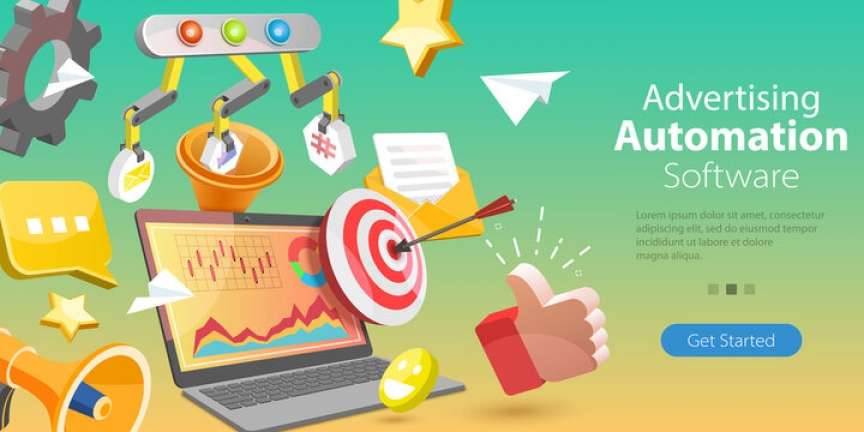How does CRM help a business manage customers? How to implement a CRM system in the sales department? Julia Kushel, Quality Control Specialist, Sales Department, TOPsharing.center, will speak.
Today’s business is automated “inside and out” and there is nothing strange in this phenomenon. This is due to the fact that it is much easier and more productive to manage processes using a CRM system. Now it is difficult to imagine the work of a warehouse without a program for accounting for the balance of goods, and the accountants will react ambiguously if the department is not equipped with 1C.
However, many of today’s sales leaders and directors of small and medium-sized businesses do not implement automated systems in their work. Needless to say, this leads to a decrease in the performance of the sales department, and the company loses in profit. Sales managers work the way they like:
- no data is kept;
- information about agreements with clients is not recorded.
The only correct solution for modern business is automation through the implementation of a CRM system and the best email marketing software. But the choice of “smart assistant” should be considered carefully.
In the article, we describe the types of CRM and CRM meaning, the features of the system, as well as the pros and cons of implementing this technology. And most importantly, we answer the question – how to set up the system so that it brings maximum benefit to the company.
Types of customer relationship management (crm) systems
There are two main types of CRM platforms, cloud and box.
Cloud solutions are highly customizable, yet versatile.
But, if a company needs complex integration, complex implementation, adding functionality, then in this case they use a box. Most often, those companies for which the issue of security is critical, resort to using the box. Due to the fact that the boxed solution is located on the company’s server, therefore any access is authorized or not authorized by the company itself, and not by the operator.
You can also divide solutions into heavy and simple CRM. The simple solution is Excel, and surprisingly, many companies continue to use it. The main problem with Excel is that it does not have the required functions for the company, for example, the separation of access rights. The situation becomes more complicated when there is more than one sales manager in the company, as they see each other’s customers. You can refer to the conscientiousness of employees as much as you like, but no one is immune. Using Excel is not an exemplary option in this case, because clients of one manager can suddenly go “to the left”. In addition, in Excel, you can edit information “retroactively” – this seriously violates the control over the work of sales managers.
There are a number of simple solutions for implementing the system and configuring it for use by managers – this is a task manager-level solution. There is an opportunity to keep a history of customer relationships, separation of access rights and there is no way to edit information “retroactively”. Thus, task managers do not complicate the work of sales managers and provide more opportunities for the company.
There are hard solutions – big complex CRMs integrated with other systems like IRP, for example. They are usually used by large companies.
There is also a type of CRM that can be in the cloud or in the box – these are predictive CRMs. They have predictive power. Previously, this opportunity was severely limited by analytical tools, but now there are no such restrictions. For example, Salesforce using the people.ai project, which, by the way, has Russian roots, can advise a sales manager to call a specific client on specific questions. In this case, the productivity of the sales manager multiplies.
Read Also: Marketing Tips: How To Improve Your Website And Get More Traffic














